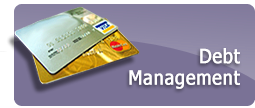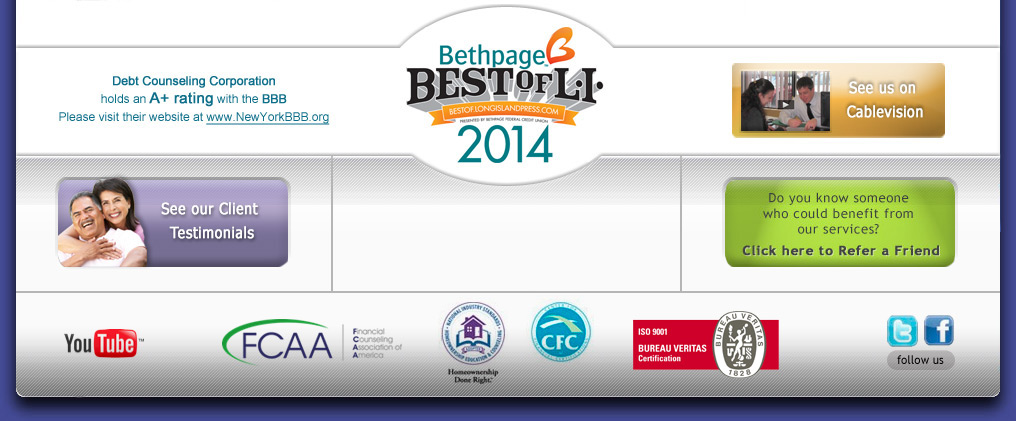Your Guide to Buying a Car
Buying a car can be an exciting and stressful time. Most of us spend a lot of time in our car, so naturally we want the most luxurious vehicle on the market. But can we afford it? Before making this long-term financial commitment, a quick financial review is a must.
- To begin, review your monthly budget and determine the amount of money you can afford to spend. Also consider how much money you will need for insurance. The cost of insuring a car varies significantly, depending on the year, make and model. Call insurance brokers before you buy a particular car to see if the premiums suit your monthly budget.
- Often you’ll like a car that is visually appealing, but you need to look beyond the aesthetics and research the quality of the car. Explore a variety of cars in the same price range and compare them. Research the car’s crash test performance, how often the car tends to break down, how expensive the cars are to fix (foreign cars are generally more expensive to repair), what features you deem necessary for your car (such as side air bags, large trunk, etc.). Ask anyone you know who owns these types of cars about problems they have experienced with these vehicles.
Purchasing a new or used car from a dealership
- Going to a car dealership is the most exciting (and also the riskiest) part of purchasing a car. You get to sit in the cars, play around with the features, and the salespeople will “wine and dine” you. They’ll tell you how the car fits you and why you need a particular feature or upgrade in the car. But since you have already done your research and know what you want and need, you won’t be swayed! Remember: every extra option you choose translates into paying more each month.
- When you find the car of your dreams, it’s time to determine price. Remember: most salespeople work on commission, so the higher the price you pay, the more money they earn. Negotiate! Although there is often extreme sales pressure to buy the car on the spot, ignore it. Visit other dealerships to see which one will offer you the best price and features. Never tell a salesperson how much money you are willing to spend on a car. If you do choose to reveal how much you want to spend, state that you want to spend X dollars in TOTAL, including all fees and extras. Remember: you will have to pay taxes on the car which adds at least a thousand dollars to the total price. You’ll also have to pay for the vehicle’s title, registration, inspection, insurance, and gas.
Buying Options
- Leasing the car: When you sign a lease you are agreeing to maintain and drive the car for a specified time period, which is generally 36-42 months. You don’t own the car, but you are responsible for its maintenance and repairs. At the end of the specified time period you have to give the car back to the dealer unless you choose to buy it. The purchase price will be pre-determined when you first sign the lease. You do not have to pay cash at this point; you are given the option to finance the car. In the lease contract there are mile restrictions. You are generally permitted to travel 12,000 miles per year. If you choose to return your car at the end of your lease and you are over your designated mileage, you will have to pay additional high fees per mile. Some car dealers require a down payment for a leased vehicle, which is another expense to consider. Be sure to read the contract and the fine print; some contracts may have a balloon payment at the end requiring you to pay a large sum of money when you return your car.
- Financing the car: Most of us can’t afford to pay cash for a car and are required to take out a loan. The interest rate on your loan is directly related to your credit report and credit score. The dealer offers loans, but they generally have high interest rates for the convenience of a one stop car shopping experience. Research local banks because they may have a lower interest rates resulting in lower monthly payments for you. Car loans are typically paid back within a 5 to 10 year period, but you can always pay more money towards your loan to pay it off more quickly if funds are available./LI>
Buying a car from an individual owner
Purchasing a car privately has advantages and disadvantages. Usually the car will be less expensive than if you bought it from a dealer, but you run the risk of not being covered under a warranty that dealerships offer. Before buying a car from a private individual, have your mechanic look at the engine to determine possible problems the car may have. If mechanical problem(s) are found but you still want to buy the car, try to renegotiate the price. When buying a car from an individual, you can finance your car through a bank. Shop around to see which one will give you the best interest rate.
Whatever car you buy, contact your state attorney general’s office to learn about your rights under the “Lemon Law.”
This is a secure website - your information will be encrypted. Click on the image below for more security information.



















